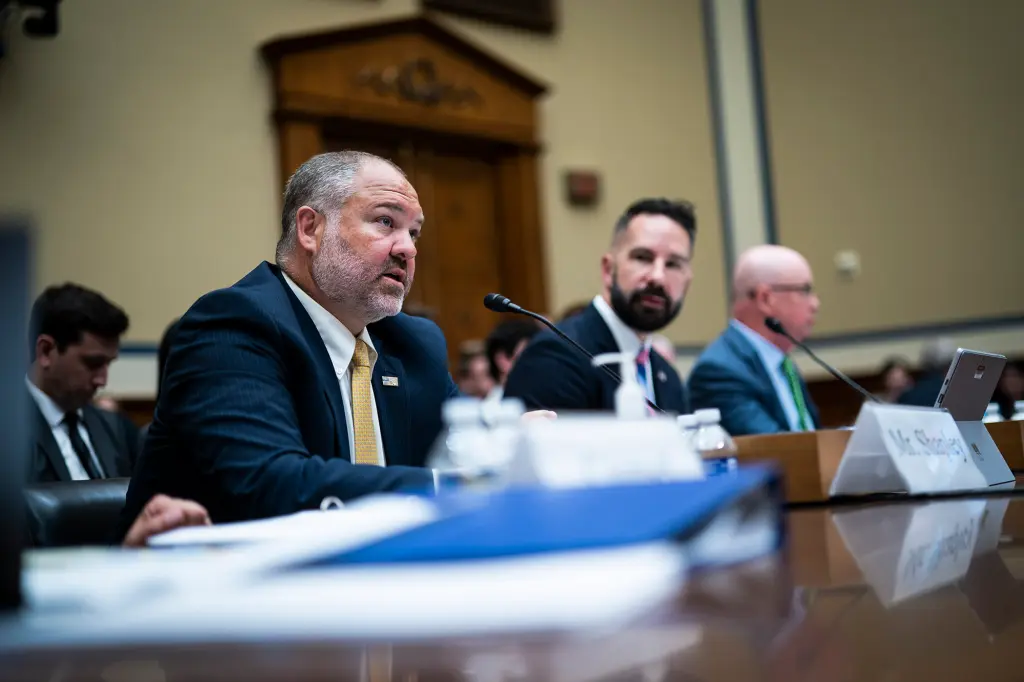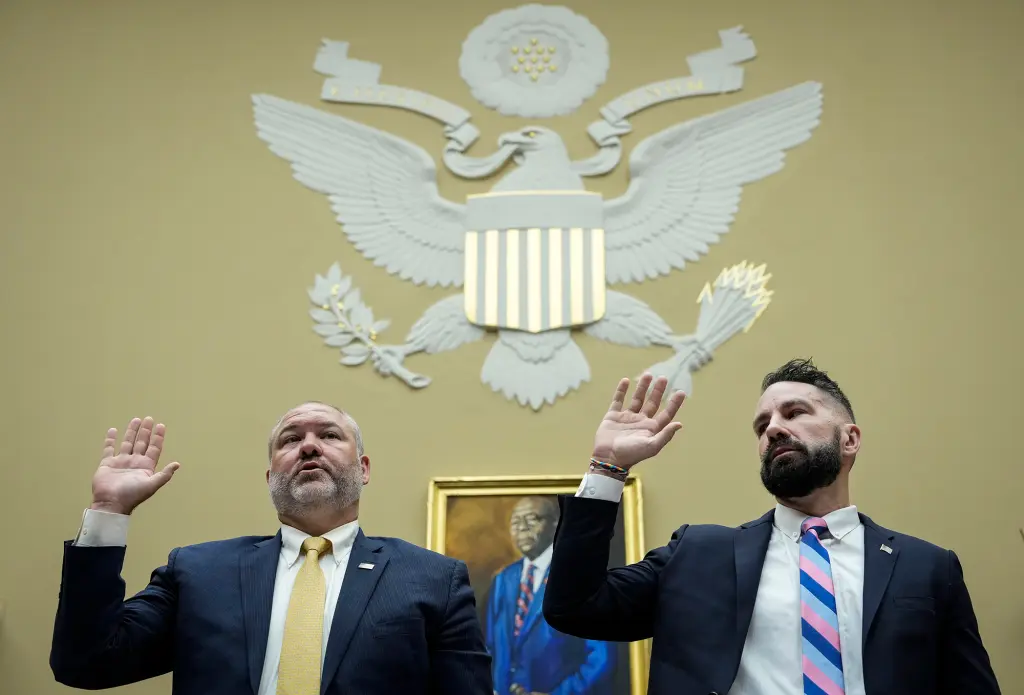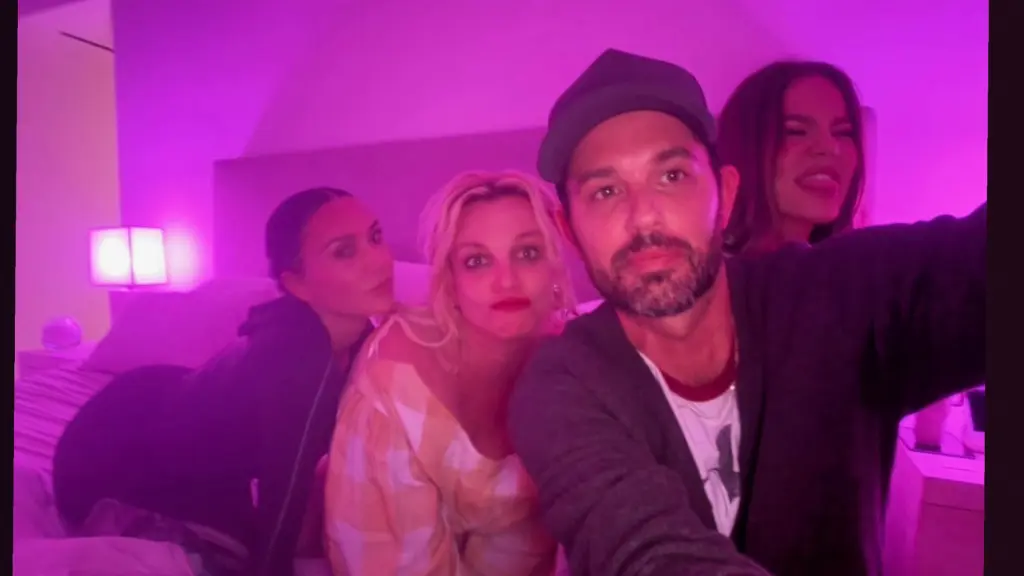Inside the High-Stakes Showdown: Hunter Biden’s Lawyer Abbe Lowell Reaches Surprise Settlement in $20 Million Defamation Case Filed by IRS Whistleblowers
In Washington, where political storms can form in minutes and reputations rise and fall faster than the seasons, the word “settlement” often lands with the weight of a verdict. On November 13, that was exactly the case when attorney Abbe Lowell, representing Hunter Biden in some of the most closely watched legal battles in the country, reached a settlement in a $20 million defamation lawsuit brought by two IRS whistleblowers. The agreement, which brings to a close a tense and highly publicized chapter that drew the attention of lawmakers, legal experts, and millions of Americans, was confirmed by both sides after months of legal friction.

Gary Shapley and Joseph Ziegler, career IRS investigators who stepped into the national spotlight after raising concerns about the Justice Department’s handling of the Hunter Biden tax investigation, filed the lawsuit earlier this year. They argued that statements made publicly by Lowell and Biden’s legal team painted them as dishonest, politically motivated, and improperly involved in sensitive investigative decisions. According to the complaint, the whistleblowers claimed these remarks not only damaged their professional reputations but also threatened their careers and credibility as federal employees entrusted with one of the most delicate roles in government oversight.
Abbe Lowell, recognized for his experience representing high-profile political figures, pushed back firmly when the lawsuit emerged. He insisted that his comments were fair responses within a charged and evolving legal landscape surrounding Hunter Biden’s ongoing cases. The dispute quickly escalated, weaving itself into the broader and increasingly partisan conversation about Hunter Biden’s legal issues and the scrutiny faced by those involved.

The path toward settlement was not immediate. For months, attorneys for both sides traded arguments as the case inched forward, drawing steady media coverage and deep interest from congressional committees. Shapley and Ziegler had already testified before lawmakers, describing what they considered undue interference and delays in the Hunter Biden tax probe. Their testimonies sparked heated debates on Capitol Hill, fueling political narratives from both parties.
When the defamation suit was filed, it seemed like an extension of those tensions, capturing the swirl of legal, political, and public pressures that had accumulated around the Hunter Biden matter. Lowell, meanwhile, framed the lawsuit as an attempt to silence or punish him for defending his client, arguing that robust legal defense should not be chilled by fear of litigation.
But as intense as the rhetoric became, the underlying legal questions were complex and potentially unpredictable. Defamation cases involving public figures or matters of public concern often hinge on demonstrating actual malice—a standard requiring proof that the defendant knowingly lied or acted with reckless disregard for the truth. For whistleblowers, standing publicly against a high-profile attorney representing a politically prominent figure carried both opportunity and risk.

The settlement agreement reached on November 13 avoids a trial that could have lasted months or even years, sparing both sides from a protracted legal fight. While the precise terms have not been publicly disclosed, signaling the likelihood of a confidentiality clause, representatives confirmed that the dispute has been resolved in a manner satisfactory to both parties.
To those who have followed the case, the agreement brings a notable chapter to a close but leaves behind a complex web of questions about how legal narratives form in the public eye. It also reminds observers how quickly whistleblowers can move from anonymity to the center of national debate—and how difficult it can be to navigate that transition.
Gary Shapley and Joseph Ziegler did not expect their careers to become front-page news. Both built reputations as methodical investigators, focusing on financial crimes, tax compliance, and sensitive enforcement operations. When they raised their concerns internally and later went public, they emphasized that their goal was transparency, not politics. Their attorneys, in filings supporting the defamation lawsuit, argued that public attacks on their motives were “deeply unfair” and threatened to paint them as partisan actors rather than career civil servants.
Supporters of Shapley and Ziegler applauded their decision to stand up, arguing that whistleblowers who come forward in politically sensitive cases often face immense pressure. Critics, however, questioned whether their public disclosures were appropriate or whether they stepped outside the boundaries of their roles. Those debates played heavily into the defamation case, shaping public perception long before lawyers entered negotiation rooms.
For Abbe Lowell, the settlement marks a significant moment amid his ongoing defense of Hunter Biden. As court dates, congressional hearings, and media analysis continue to intersect, Lowell has emerged as one of the most visible legal voices in Washington. His reputation as a sharp, strategic attorney was forged through decades of representing clients in cases involving political influence, corruption allegations, and high-level investigations. Defending Hunter Biden in an era of intense political polarization has only increased that visibility.
Lowell has consistently argued that the legal proceedings against Hunter Biden should be viewed through a factual rather than political lens. The defamation lawsuit, in his team’s view, risked shifting focus away from the core legal issues at hand. Bringing it to a close may allow him to refocus efforts on the remaining cases and investigations that continue to draw scrutiny.
For political observers, the settlement adds another twist to a saga that seems to evolve by the week. Lawsuits, testimony, subpoenas, and congressional statements have all played a role in shaping public understanding of the Hunter Biden investigations. Each development ripples outward into news cycles, commentary panels, and voter conversations. The defamation suit was no exception—its emergence highlighted the volatile mix of legal and political forces surrounding the Biden family.
Yet within the noise, the human dimension often gets overlooked. For Shapley and Ziegler, the weight of national attention came abruptly. Moving from routine investigative work to televised hearings and major legal claims required a rapid shift in their professional lives. Their reputations rested not just on the facts of the case but on the perception of fairness and integrity—qualities that can be difficult to defend once public narratives begin to take shape.
Similarly, Lowell’s role required navigating not just legal strategy but the broader implications of representing a client whose name alone can ignite polarized reactions. His statements, carefully crafted or otherwise, were scrutinized under a national spotlight. What might have otherwise been considered routine legal rhetoric instead became fuel for controversy.
This is why the settlement matters. It offers a pause in a politically charged atmosphere, a rare moment of quiet resolution in a storyline often defined by confrontation. No courtroom battle, no public jury, no dramatic testimonies—just a mutual agreement that the dispute should come to an end.
In Washington, conclusions like this can be interpreted in countless ways. Some will see it as a practical decision that helps both sides avoid uncertainty. Others may view it as a strategic move in a landscape where every legal outcome carries potential political implications. Still, what remains clear is that the case, as it existed, had become a symbol of how far-reaching the consequences of the Hunter Biden investigations have grown.
The settlement also underscores the delicate balance facing whistleblowers in the public sphere. They serve a vital role in promoting accountability, but when their revelations intersect with national politics, they often become targets of intense public scrutiny. The defamation lawsuit reflected that tension; settling it may help restore a more stable environment for Shapley and Ziegler as they move forward.
For Lowell, the decision avoids further litigation that could distract from his primary role: defending Hunter Biden in ongoing legal matters that continue to garner national attention. Whatever the private terms of the settlement may be, shutting down this lawsuit removes one significant thread from an already complicated tapestry.
As the dust settles, Washington will move quickly to the next headline, the next hearing, the next press release. But the story of this lawsuit—and the quiet way it ended—offers a window into the pressures facing those at the center of modern political-legal battles. In an era defined by rapid-fire information and relentless partisanship, the line between legal conflict and public narrative has never been thinner.
Still, for now, one fight is over. The signatures are on the documents. The public statements have been released. The lawsuit that once seemed poised to become another high-profile courtroom showdown has instead concluded with a short announcement and the promise that both sides are ready to move on.
It is a rare moment of closure in a story that has provided anything but.



